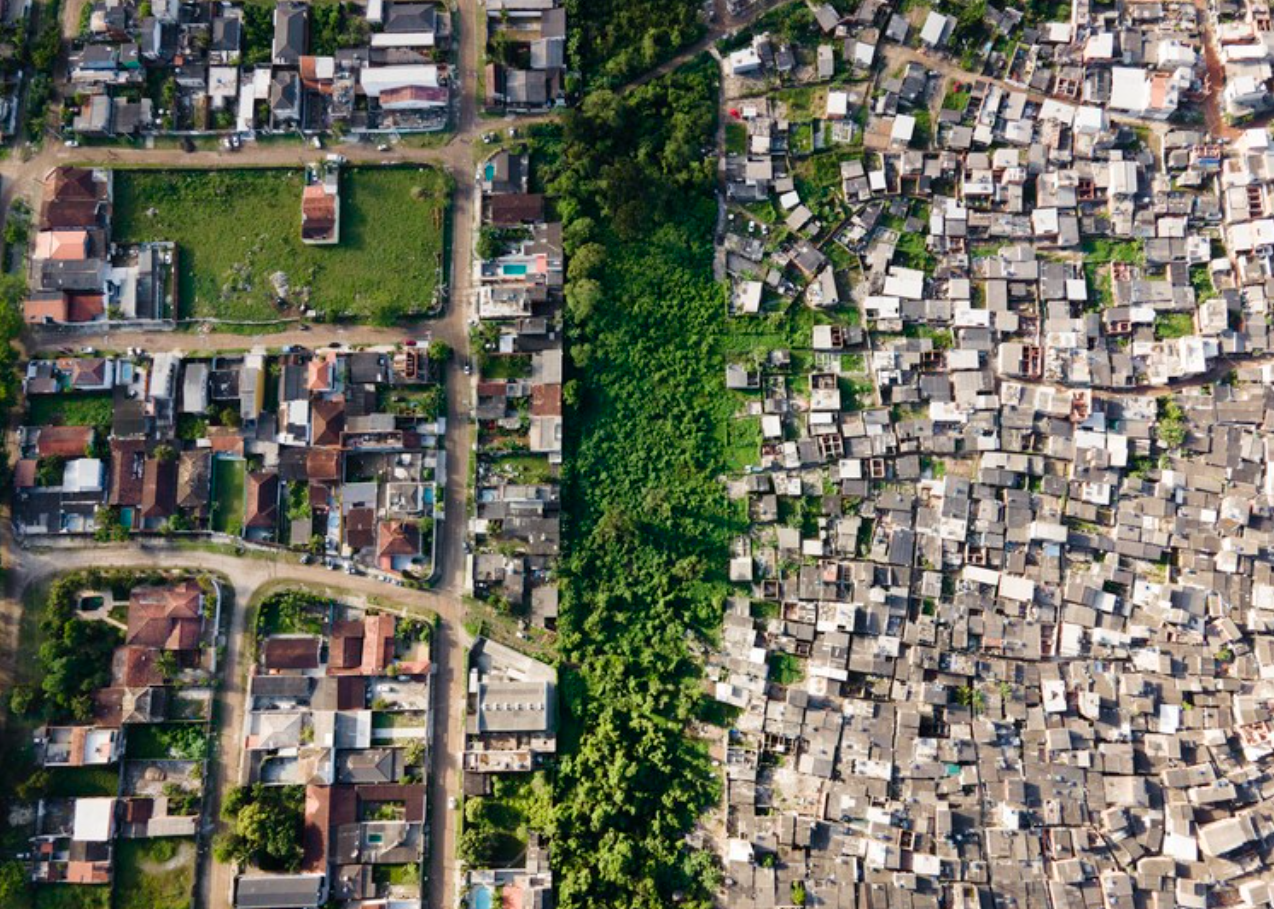This is the first time in the last 25 years that inequality and poverty have increased simultaneously, accelerating the devastating impact of the Covid-19 pandemic. The paradox is while the depth of the crisis increased, there was also $42 billion of new wealth. A small group of privileged people, just the world’s richest 1%, as the new Oxfam report reveals, gathered two-thirds of this new wealth generated since 2020, leaving only one-third for the remaining 99% of humanity. This is a much higher intensity of wealth concentration than that accumulated during the last decade when that 1% had already accumulated half of the wealth created.
Meanwhile, at least 1.7 billion workers live in countries where they cannot cope with the constant escalation of prices in their daily lives, affecting them in consumption that is irreplaceable. This cost-of-living crisis is a crisis of inequality, fueled because some big companies and the super-rich have taken advantage of the context of uncertainty, the pandemic, and the war in Ukraine, inflating prices and margins, at the expense of the vast majority.
Extreme wealth and poverty are two sides of the same coin. But inequalities are not a matter of luck or chance, but the result of political decisions. This shines a light: it is possible to reduce inequalities and guarantee rights if we work to implement fairer economic policies. This is Oxfam’s approach in its reports, which were presented during the World Economic Forum in Davos in January 2023: it is time for the super-rich to pay more because if they don’t, we pay.
This payment is not always estimated in monetary terms. Often, the most vulnerable pay with their own lives, as could be seen on painful and countless occasions during the Covid-19 pandemic when there were deaths in alarming numbers, which could have been avoided if the countries had had better financed and efficient public health systems.
This unacceptable global reality also happens in Latin America and the Caribbean. According to Oxfam, in our region, the wealth of billionaires increased by 21% since 2020, a growth five times faster than that of the entire regional gross domestic product (GDP) as a whole in the same period. Simultaneously, more than 200 million people are in extreme poverty; food insecurity affects 4 out of 10 people, and real wages have lost a tenth of their value.
Since 2020, 30 new billionaires have also emerged in the region, whose combined fortunes have grown at a shocking rate of $68 million a day. The main sectors in which these billionaires operate are food, health, finance, and mining.
It is important to be clear this wealth will not be distributed. It is not, as many claims, a prosperity that at some point will trickle down to society as a whole. And we state this with severity because there is no historical precedent for it. This has never happened. The system is designed to protect the interests of a minority at the expense of the needs of the majority.
The result is not only an increase in inequalities at the extremes but an alarming polarization of income with a reduction of the middle class and the formation of two-income pillars far apart. This process also gives rise to political polarization and represents a latent risk for our already fragile democracies.
Among the causes is the capture of fiscal policy, with the collapse of taxation of the super-rich and big corporations, while taxation of the poorest and the middle class increased. In fact, the marginal rate for the highest incomes in the region has been halved, falling from 50% to 26% since 1980. On the other hand, between 2007 and 2019, tax collection in Latin America and the Caribbean barely grew by 7%, and this has been at the cost of the tax effort falling essentially on workers through an 11% increase in taxes on consumption, personal income, and social security contributions. While taxation on corporate income and wealth has fallen by 5%. Thus, tax systems in Latin America widen inequalities by the fact that those who have more pay proportionally less.
Moreover, no country in Latin America and the Caribbean taxes capital income above labor income, and 17 of the region’s 91 billionaires live in countries where no inheritance, gift, or estate taxes are levied. Therefore, if nothing changes, $158.6 billion will pass to the next generation totally tax-free, once again feeding a wheel of ultra-rich and privileges.
There are alternatives. Oxfam proposes tax recommendations for a fairer, more inclusive, and sustainable Latin America and the Caribbean, ensuring that revenues collected with greater progressivity are used to reduce inequalities and guarantee rights, especially in public health, public care systems, and fair transitions. Among other measures, if governments were to adopt a tax of between 2% and 5% on the net worth of billionaires, this could increase public investment in health by 36% across the region.
Governments can also push for a broad Latin American tax agreement through measures to tackle tax avoidance and tax havens, as well as a review of inefficient tax benefits. This should serve as a stimulus to building more inclusive, sustainable, and equitable tax systems, which can lead to a wave of progressive tax reforms in the countries, improve tax cooperation in the region and form a bloc to ensure better global tax arrangements for the region itself.
The region’s tax systems must stop being regressive and benefiting a small group of ultra-rich while widening inequalities. It is necessary to change the rules of the game, and Latin America and the Caribbean have an immediate and unique opportunity to do so. In Davos, the call of the Colombian Minister of Finance, José Ocampo, for a regional tax summit is a significant first step toward this process. A door that is opening to achieve fairer societies for all.
*Translated from Spanish by Janaína Ruviaro da Silva











